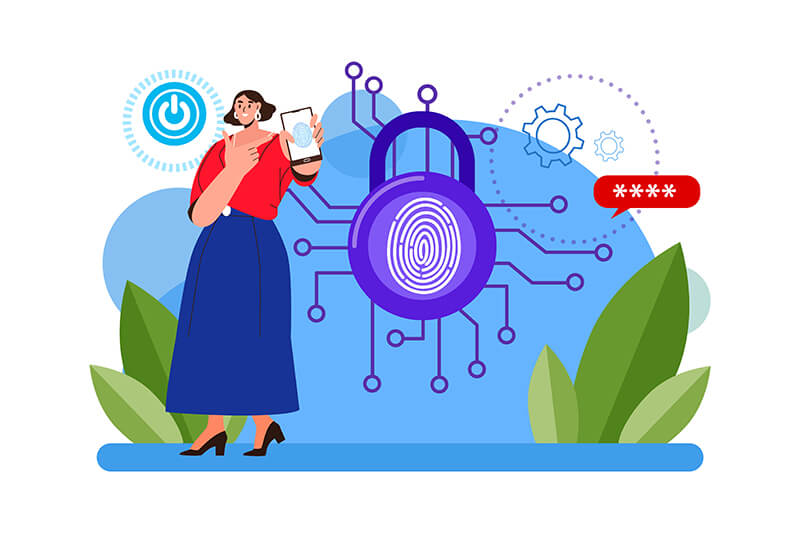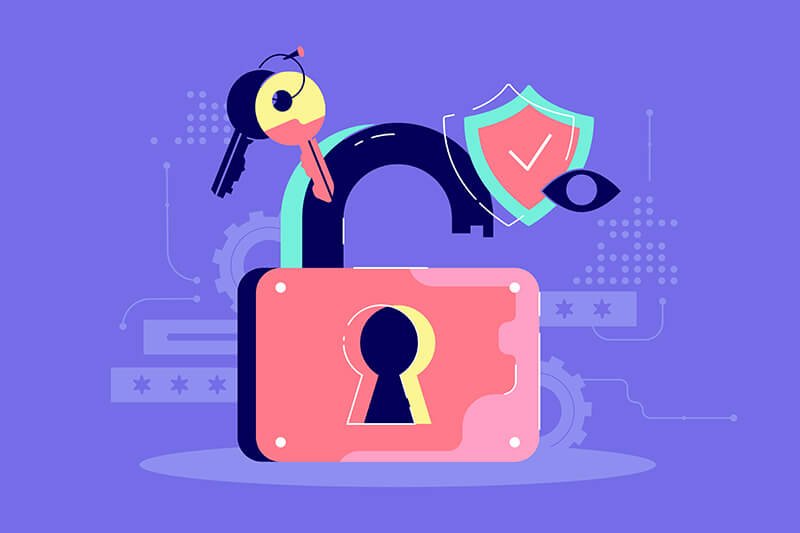Security remains a top priority for WordPress site owners who want to protect data, maintain brand trust, and comply with regulations. Left unchecked, vulnerabilities can lead to hacked pages, stolen credentials, or even phishing scams hosted on your domain. The good news is that robust security doesn’t have to be overly complicated if approached methodically.
One of the fundamentals is keeping your core, themes, and plugins updated. Malicious actors often exploit known exploits in outdated software. A solid backup routine—daily or weekly—can also save you in emergencies, letting you roll back quickly if something goes wrong. Beyond that, consider using strong passwords and limiting login attempts to reduce brute-force attacks.

Ready to fortify your site? Our Security/Speed Optimization service combines performance enhancements with comprehensive security measures for WordPress.
Another key measure is installing a reputable security plugin, such as Wordfence or Sucuri, which can run malware scans and set up firewalls. For more advanced protection, implementing two-factor authentication (2FA) adds an extra layer that typical hackers struggle to bypass. Monitoring server logs for suspicious activity is another overlooked but highly effective strategy.
If you want to understand the broader impact of load times on user engagement, check out “The Impact of Page Speed on WordPress Conversions.”
If your site handles sensitive data or processes transactions, SSL certificates and secure payment gateways become non-negotiable. In some cases, you might even explore a Web Application Firewall (WAF) to block malicious traffic before it reaches your server. These strategic defenses ensure not only user safety but also maintain site performance under potential attacks.
Ultimately, WordPress security hinges on consistent vigilance. The platform’s openness is a strength for customization, but it requires you to be proactive—staying updated, monitoring logs, and occasionally performing security audits. By prioritizing safety now, you mitigate costly downtimes, data breaches, or reputational fallout.




